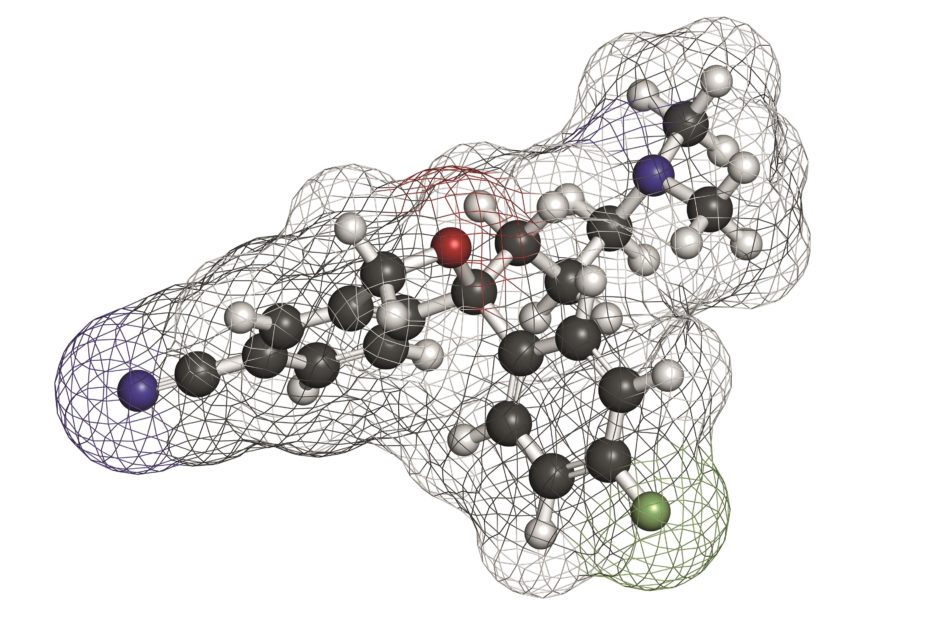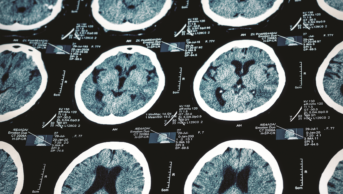
Shutterstock.com
Depression is common in patients with cardiovascular disease. Also, having depression increases the chance of death and hospitalisation in patients with heart failure, raising the question of whether antidepressants might improve outcomes.
Researchers in Germany assigned 372 patients with systolic heart failure and major depression to either escitalopram – a selective serotonin reuptake inhibitor (SSRI) – or placebo, for 24 months.
Death or hospitalisation was recorded in 63% of patients given escitalopram and in 64% given placebo after 18.4 months and 18.7 months, respectively.
On the Montgomery Ã…sberg Depression Rating Scale, scores dropped after 12 weeks from 20.2 at baseline to 11.2 in the escitalopram group, and from 21.4 to 12.5 in the placebo group.
The authors, writing in JAMA (online, 28 June 2016)[1]
, say that the findings do not support the use of escitalopram in depressed patients with systolic heart failure.
References
[1] Angermann C, Gelbrich G, Stork S et al. Effect of escitalopram on all-cause mortality and hospitalization in patients with heart failure and depression. The MOOD-HF Randomised clinical trial. JAMA 2016;315:2683-2693. doi: 10.1001/jama.2016.7635


